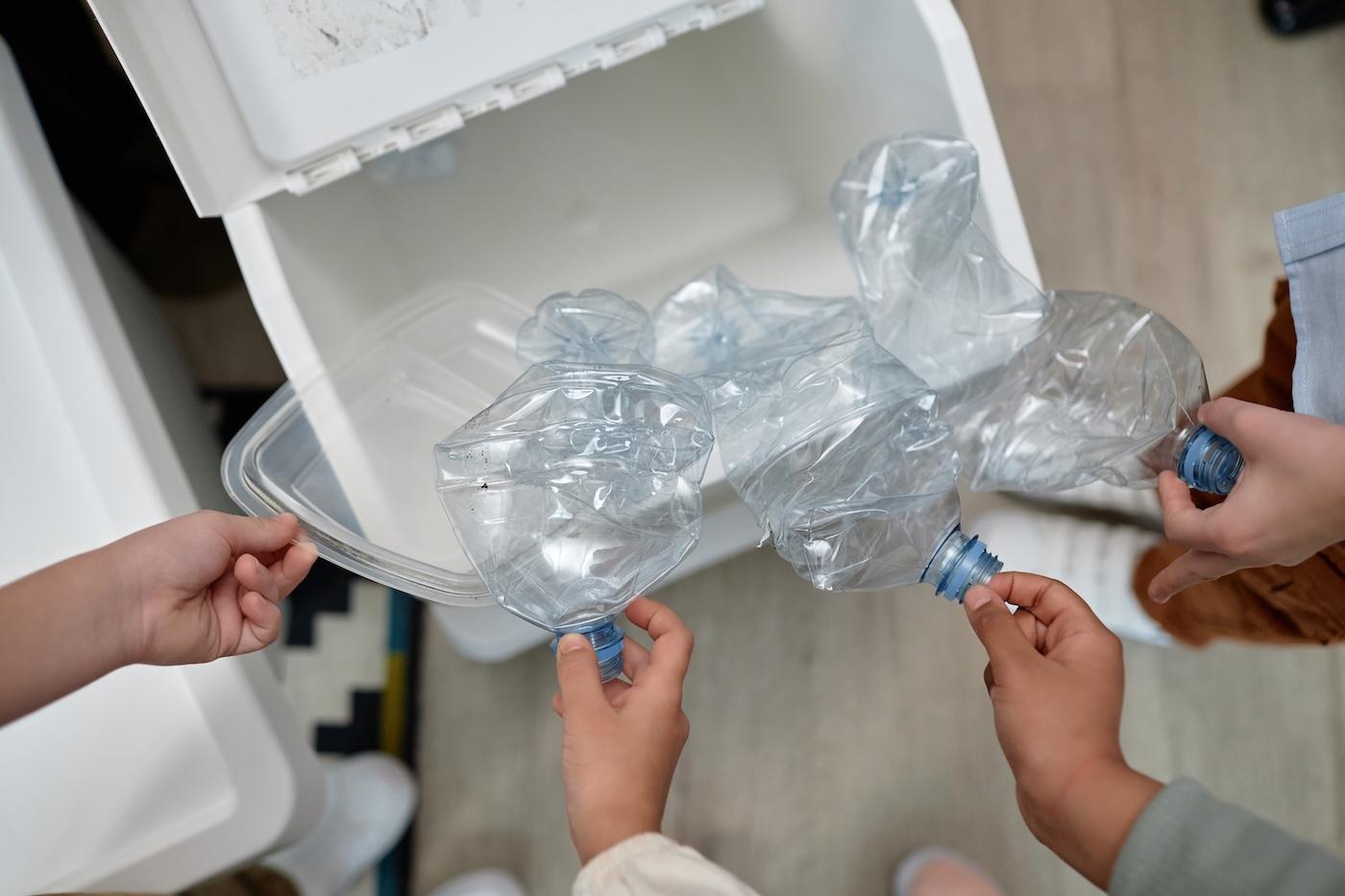PARENTS
Why Postpartum Nutrition Needs a Makeover
Chiyo co-founder Jennifer Jolorte Doro shares why expectant and new moms’ diets deserve extra TLC.

Written by
Happiest Baby Staff

Jennifer Jolorte Doro’s whole life revolves around motherhood. She’s a boy mom, (“which I love!”) to John, 5 and JP, 2. She’s a certified breastfeeding counselor and a doula—birth and postpartum. She’s also a pre- and postnatal yoga instructor—which inspired her next mom-centered venture, co-founding Chiyo, a meal delivery service centered on fertility through postpartum. Here, Jennifer shares with Happiest Baby a little bit about her journey and why she thinks pregnancy and postpartum nutrition is not only incredibly important, but often misunderstood.
Happiest Baby: The idea for Chiyo began percolating while you were in the midst of your prenatal yoga training, correct? How did you get from downward dog to pregnancy and postpartum nutrition?Jennifer Jolorte Doro: When I was in prenatal yoga training I was truly inspired by a few practitioners who mentioned they didn’t have a good nutritionist to refer clients to because they didn’t know of any who were whole-person focused. This inspired me to become that nutritionist.
When I connected with Irene, co-founder of Chiyo, I had been serving clients for over 5 years in this capacity. And Irene was newly inspired by her mother who was sending her aunt, who had just had a baby, traditional herbs and foods to support postpartum recovery. We combined our backgrounds and expertise and created Chiyo! [Chiyo provides expertly-crafted dishes, tailored to each stage of the maternal health journey—from fertility to postpartum and beyond—shipped to your home.]
![[object Object]](https://cdn.sanity.io/images/301lhh0a/production/42a6011b1d76a74f907418080076258f5f14781f-300x400.jpg?w=640&auto=format&q=75&fit=max)
Jennifer and JP / Images: @jjolorte
HB: Why do you think there’s still such a knowledge gap about pregnancy nutrition?JJD: There is a lot of fear-based information that exists out there. It’s likely easier to post clickbait titled articles on pregnancy nutrition. It’s often the same rhetoric we’ve heard for years. But what’s interesting is that, around the world, pregnant people have varying diets compared to the U.S. Here, there is so much information that leads to guilt and shame, but there isn’t a lot of information about what actually can be eaten to support a pregnancy—and what foods you truly should avoid. Hint, there aren't that many! This is why Chiyo exists! We are here to debunk and provide the most up to date research on nutrition in a digestible way to guide you make the best decisions for yourself and your family.
HB: Can prenatal vitamins after birth help new moms get that nutrition?JJD: Yes, definitely! Vitamins are able to fill in the gaps that your day-to-day nutrition may not be able to. At Chiyo, we take care of all of that for you—but if you're not using our programs—each day may change drastically—especially during the postpartum period. You may not be eating enough or getting enough nutrient dense foods. Plus, you're still depleted from the marathon of pregnancy and childbirth. Add in sleep deprivation, intense hormonal shifts, and you're running on fumes and adrenaline. You need adequate nutrition for support during this time, preferably from foods versus relying only on supplements. There's a saying, you can't supplement your way out of a bad diet.
HB: What are the most important nutrients new parents should try to get in the fourth trimester?JJD: My top nutrients for the fourth trimester include:
-
Iron, which you likely need to replenish after childbirth. It’s necessary for growth, development, and proper cell function, so key for recovery! Plus, low iron can lead to low energy and eventually anemia which can cause brain fog among some other very scary symptoms. [Studies show 10 to 30% of birthing parents have low-iron anemia postpartum.] - B12 is important for red blood cell development, and it supports Baby's brain growth. [Vitamin B12 is transferred through breastmilk and research shows low vitamin B12 may contribute to depressive symptoms in the postpartum period.]
- Vitamin C supports immunity, wound healing, and collagen production. [Research shows vitamin C intake tends to dip in the postpartum period.] And vitamin C helps with iron absorption. A great example of a vitamin C-iron pairing could be beef with a citrus marinade or dressing over a bed of spinach and quinoa.
- Vitamin D helps with cell growth, immunity and bone building which coincides with its calcium-boosting effects—it helps with calcium absorption. [Research shows that breastfeeding moms are at higher risk of vitamin D deficiency than those who don’t nurse.] While there are very few foods that contain vitamin D, some include shiitake mushrooms—which we use frequently—fish and eggs. But when it comes to pairing vitamin D with calcium, there are many sources of Calcium beyond just milk which include chia seeds, spinach, edamame and almonds.
- Iodine is necessary for thyroid function and, in turn, creates thyroid hormones which help regulate heart rate, body temperature, cognitive function, metabolism and more. [Iodine requirements increase during breastfeeding.]
More on Pregnancy Nutrition:
- Common Pregnancy Nutrition Myths to Ignore
- Healthy Pregnancy Meal Plans and Recipes
- What “Eating for Two” Really Means
- The Nutrients You Need When Pregnant
Disclaimer: The information on our site is NOT medical advice for any specific person or condition. It is only meant as general information. If you have any medical questions and concerns about your child or yourself, please contact your health provider.
SHARE THIS ARTICLE
MOST LOVED
Sleepytime Sidekicks












